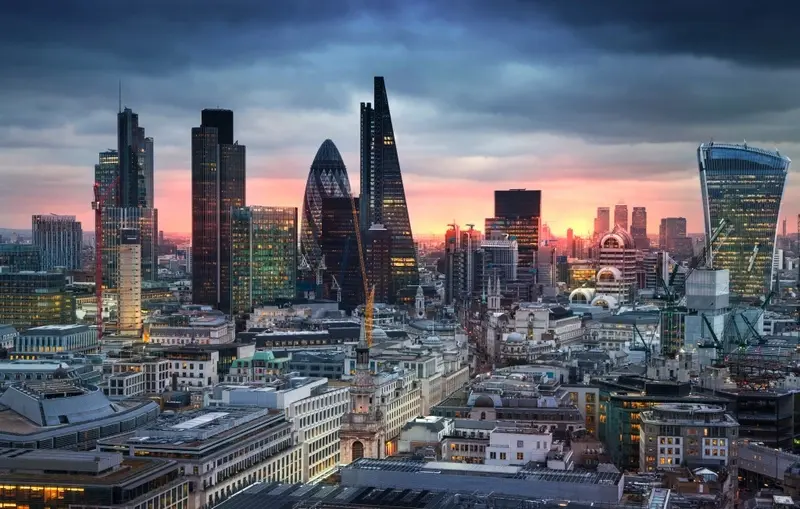
Following a tough winter in the first quarter which constrained GDP growth to 0.2%, the UK’s second quarter growth figures are a substantial improvement at 0.4%.
Looking at different sectors, it helps paint a more detailed picture of the true state of the UK’s economy. Supporting second quarter growth are the service and construction sectors which grew by 0.5% and 0.9% respectively.
However, the UK’s manufacturing sector is now technically in recession after contracting two quarters in a row. The sector shrank by 0.9% during the quarter to 30 June, with the wider industrial sector shrinking by 0.8%.
Friday’s data release comes in the context of resilient jobs market with wage growth starting to outstrip inflation. Rob Hodgson, head of wealth management at GWM Investment Management says the Bank of England may have been slightly nervous about this release because poor numbers ‘would have put a spotlight on their decision to raise interest rates last week’.
Hodgson adds that that one quarter’s reading is a ‘fairly brief snapshot’ and growth is still well below the gains we were used to before the financial crisis.
PUT IN A GLOBAL CONTEXT
While an increase in economic growth is good news, Nancy Curtin, chief investment officer at Close Brothers Asset Management, says it should be ‘taken with a pinch of salt’. She argues that compared to other countries, notably the US, the UK’s rate of growth appears subdued growing at half the speed.
Curtin also argues that Brexit is not only impacting the UK’s economic growth rate but also the EU, which has seen momentum slow and businesses hindered by uncertainty.
She adds ‘productivity is a major challenge for the UK economy and until further clarity is provided over the future trading relationship with the EU, businesses will continue to delay investment spend’.
AIDED BY ONE-OFFS
Events such as the World Cup, the Royal Wedding and a heatwave may have increased consumer spending on food and drink. However Mike Jakeman, senior economist at consultancy PwC, says that there was evidence that hot weather and ‘wall-to-wall’ football deterred shoppers from buying goods other than food or drink.
Jakeman says ‘the net effect was that household consumption grew at the same pace as in the first quarter’.
Aside from the increased growth rate compared to the first quarter a renewed fall in the pound should aid exporters and those FTSE 100 companies earning their revenues in foreign currencies.



